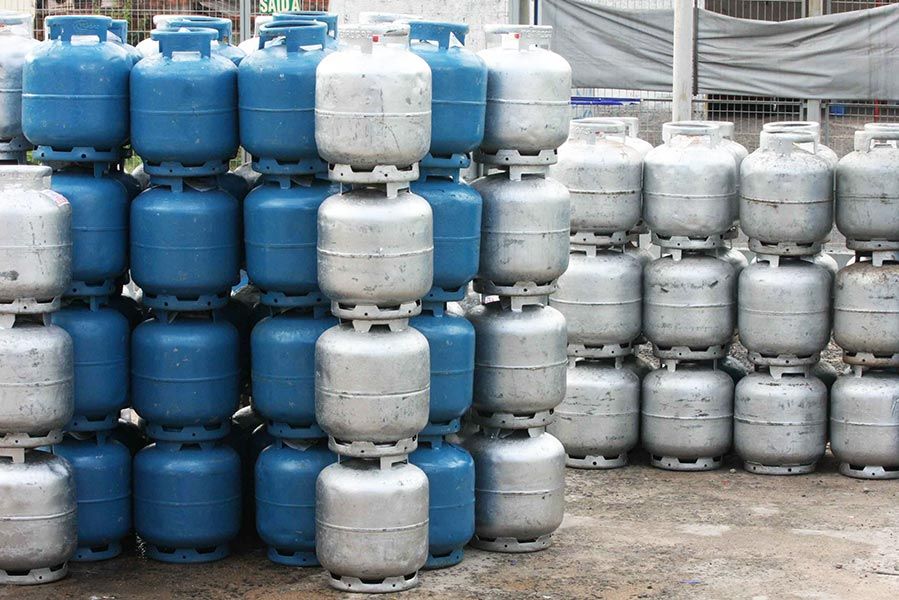RIO DE JANEIRO, BRAZIL – The National Energy Policy Council (CNPE) decided on Thursday 29th, to end the policy of different prices between different cylinders of cooking gas.
The measure applies to liquefied petroleum gas (LPG), popularly known as cooking gas. A CNPE resolution from 2005 determined that LPG packed in cylinders of up to thirteen kg used by households, should be sold to distributors at lower prices than gas in cylinders with higher volume.

Thus, according to the Ministry of Mines and Energy, the price of gas in domestic cylinders is currently about five percent lower than the gas sold in cylinders of more than thirteen kg. The thirteen kg cylinder (called “bujão”) is commonly used for cooking because it is forbidden to use it in motors, or in heating saunas and swimming pools, for example.
However, on Thursday, CNPE decided that the resolution had produced distortions in the gas market and did not guarantee the discounts expected for families, especially those with low income. The council decided to revoke the resolution as of March 1, 2020.
Today, Petrobras sells the gas in containers of up to thirteen kg at a lower price and compensates for the difference in larger cylinders.
The government’s idea is that, with the end of the resolution, there will be interest from more companies in the production and import of LPG, which, in the evaluation of the administration’s economic team, will increase competition and bring down prices.
Other measures
The end of the different price for cylinders of up to thirteen kg is part of a series of actions that the government studies for the kitchen gas market. The National Agency of Petroleum, Natural Gas and Biofuels (ANP) has already reported that it evaluates the release of fractional sales of gas. This would allow, for example, the sale of half a cylinder of gas.
Another measure under study aims to allow distributors to use bottles from other companies. Currently, distributors face complicated logistics to exchange cylinders because they can only fill containers of their own brand.

